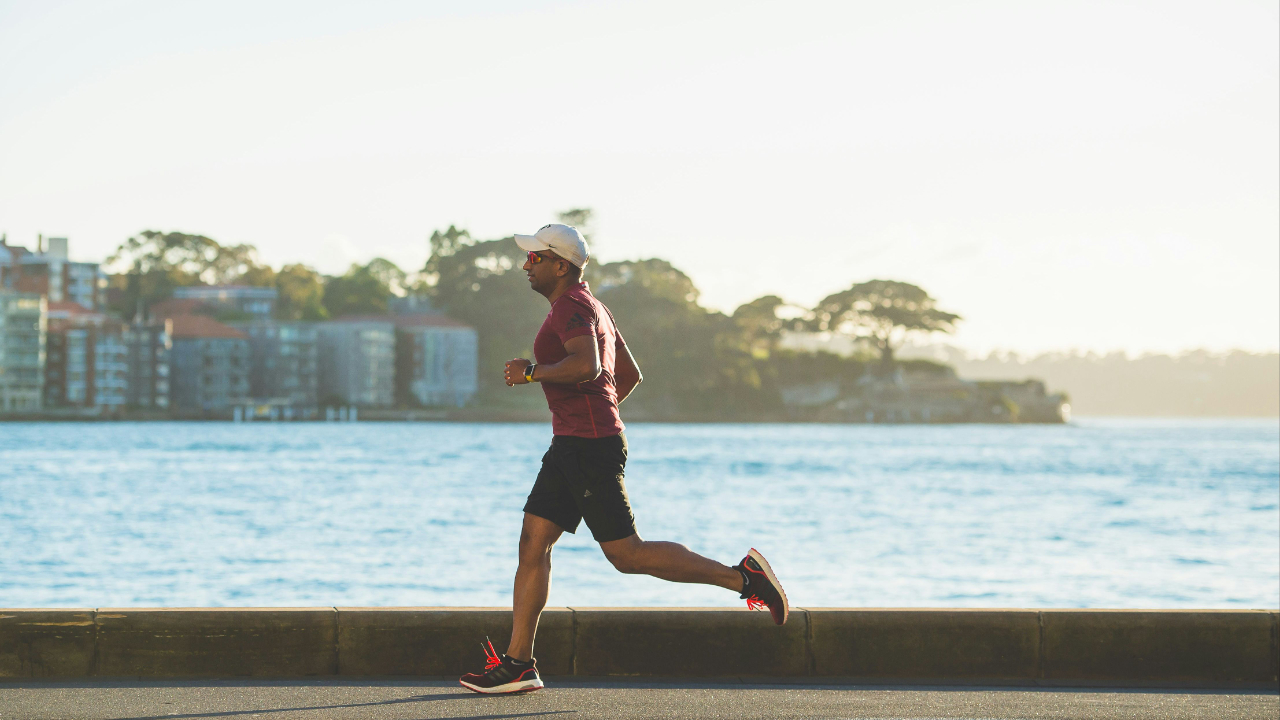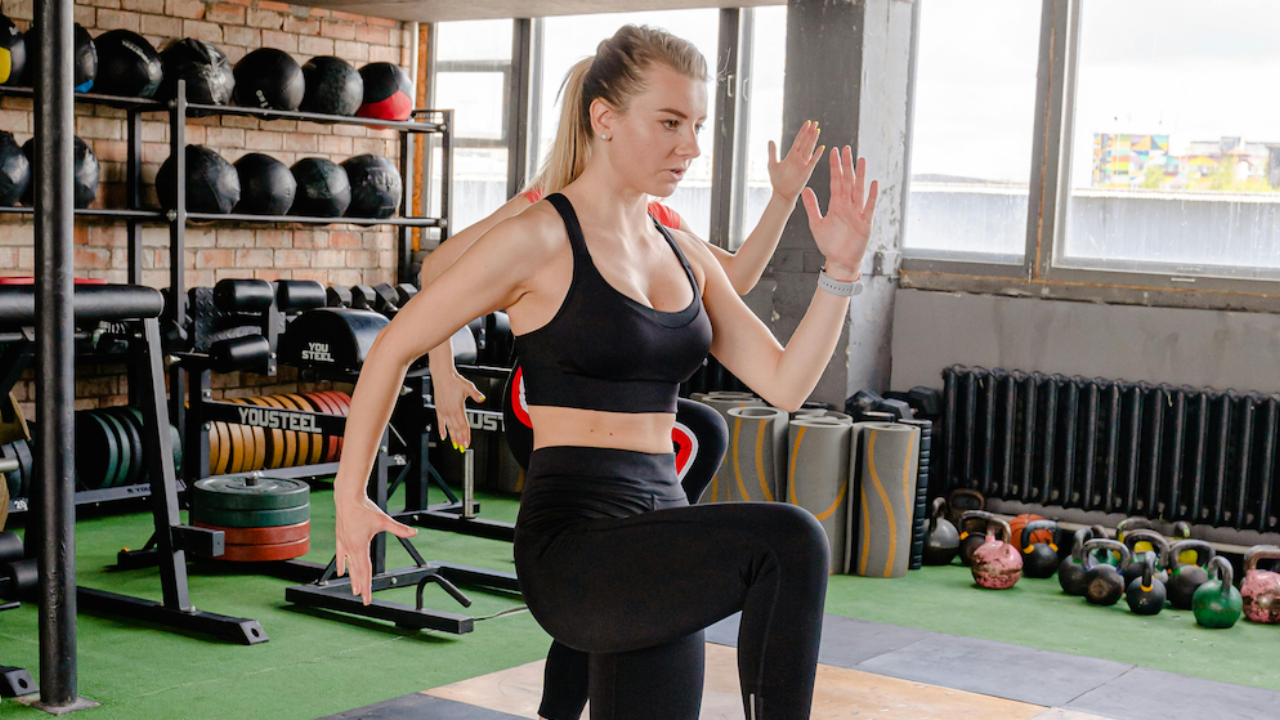Slumber Secrets: How to Sleep Well as We Age
Aug 16, 2023
You have probably noticed that your sleep patterns and habits are changing as you age. While sleep needs and preferences can vary from person to person, there are some common changes that tend to occur with aging:
Sleep duration - as we age, total sleep duration decreases compared to when we were younger. While young adults typically need 7-9 hours of sleep, 6-7 hours is typically more in the range for us aging individuals. However, while this is extremely variable based on the person, I have noticed that sleep duration increases when training loads are higher.
Sleep fragmentation - do you wake up more during that night versus when you were younger? Aside from maybe having to use the bathroom, older individuals often experience more fragmented sleep throughout the night which can lead to a feeling of light sleep and a decreased sense of restfulness.
Changes in sleep architecture - sleep consists of different stages, including rapid eye movement (REM) sleep and non-REM sleep (divided into three stages). The proportion of deep sleep (slow-wave sleep) tends to decrease with age, which might contribute to feeling less refreshed upon waking.
Circadian rhythm shifts - the circadian rhythm, the body's internal clock that regulates sleep-wake cycles, can shift with age. As we get older, we may naturally wake up earlier in the morning and feel sleepier earlier in the evening. I know I fall into this category and while it did catch me off guard at first, I have grown used to it and actually embrace this change.
Increased daytime sleepiness - some older adults experience increased daytime sleepiness, often due to reduced nighttime sleep quality. This can lead to daytime napping which can be problematic if you take too long of naps later in the day. This can interrupt your sleep patterns as mentioned above.
Sleep disorders - conditions such as insomnia and sleep apnea become more prevalent as we age. Insomnia can involve difficulty falling asleep or staying asleep, while sleep apnea disrupts breathing during sleep, leading to brief awakenings. Both of these have negative impacts on the quality and quantity of sleep.
Medication and health impact - we may have more medical conditions as we age that can impact sleep, such as chronic pain or bladder issues. Also, some medications may affect sleep quality so be sure to discuss all of this with your physician to better understand any medications you are taking and the impact on your sleep.
Social and lifestyle factors - retirement, changes in daily routines and shifts in social interactions can influence sleep habits. Some older adults have more time for daytime napping, which might affect nighttime sleep.
While it is important to note that while these changes are common, they're not inevitable and will not happen to everyone. Try to adopt, or maintain, some of the following healthy sleep practices to improve your sleep quality throughout your aging journey:
1. Maintain a consistent sleep schedule.
2. Create a comfortable sleep environment and be sure the room is on the cooler side at bedtime.
3. Avoid daytime naps but if you need to take one, do so as early in the afternoon as possible and not for longer than 30 minutes.
4. Stay physically active but aim for lower-intensity exercise later in the day.
5. If you consume caffeine, aim to have your last serving of it before 12:00pm.
6. If possible, avoid alcohol intake but if you will have a drink, have it closer to dinner versus bedtime.
7. Do not drink too much water (or any fluids) within 2-3 hours of going to bed. If you do, you will surely visit the bathroom at least once throughout the night.
Some of the biological effects of aging are not fun but the good news about changes in sleep is that we can do something about them to make sleep more successful throughout our aging journey. Remember, everyone is so different with daily habits and responses to different sleep strategies so get to know what works for you the best and stick with it.
If you would like to learn more about aging, longevity and nutrition strategies, be sure to watch my free webinar, “Nutrition for Longevity” by clicking THIS LINK.
SUBSCRIBE AND WE WILL DROP SOME HEALTHY INSPIRATION IN YOUR INBOX
We hate SPAM. We will never sell your information, for any reason.







